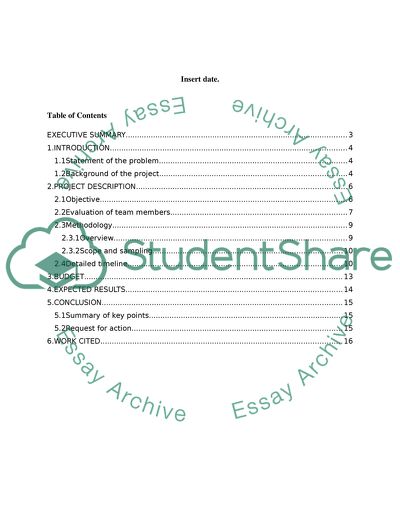Cite this document
(Changing Course Selection System by Allowing Students in the Selected Research Paper, n.d.)
Changing Course Selection System by Allowing Students in the Selected Research Paper. Retrieved from https://studentshare.org/education/1848379-proposal
Changing Course Selection System by Allowing Students in the Selected Research Paper. Retrieved from https://studentshare.org/education/1848379-proposal
(Changing Course Selection System by Allowing Students in the Selected Research Paper)
Changing Course Selection System by Allowing Students in the Selected Research Paper. https://studentshare.org/education/1848379-proposal.
Changing Course Selection System by Allowing Students in the Selected Research Paper. https://studentshare.org/education/1848379-proposal.
“Changing Course Selection System by Allowing Students in the Selected Research Paper”. https://studentshare.org/education/1848379-proposal.


